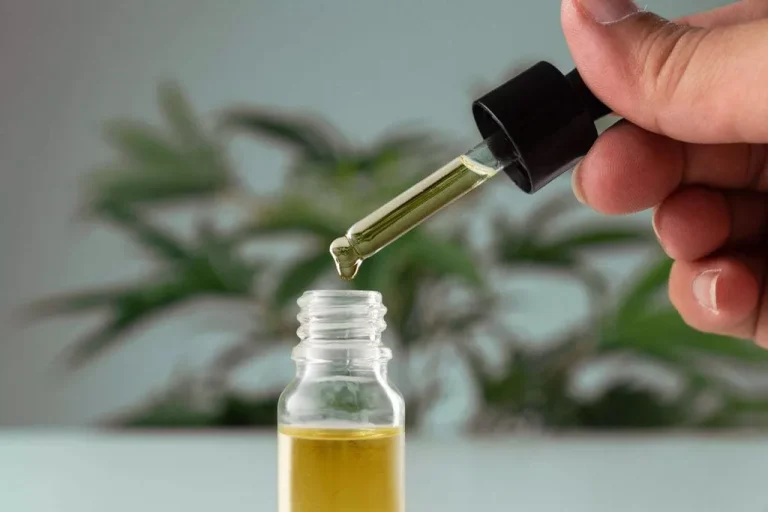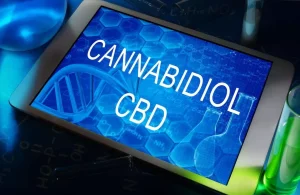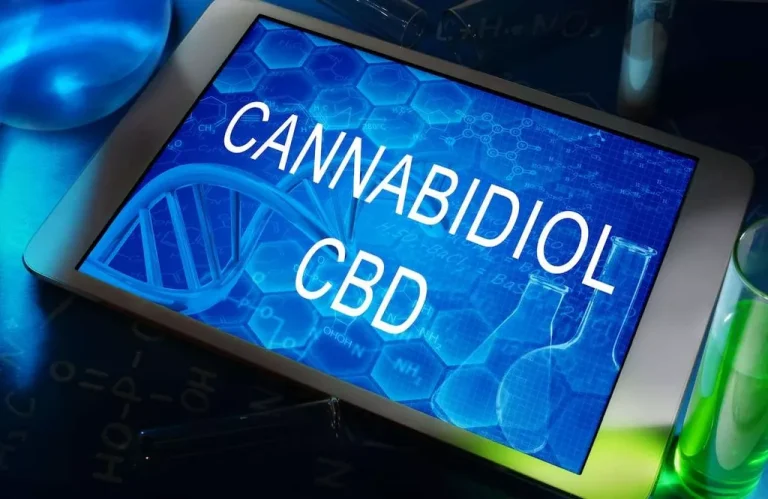Marijuana Addiction Effects, Withdrawal, Treatment

In the same way that alcohol is normalized, so too more recently and widespread is marijuana, thus, the notion of quitting is nuanced. While many individuals who might be dependent on or addicted to marijuana don’t feel that they have a problem, they could still benefit tremendously from marijuana addiction treatment. Published In StatPearls, key treatment options include supportive treatment during detoxification, access to psychiatric services for identifying comorbid disorders, and a gradual reduction of cannabis intake to minimize withdrawal discomfort. Our medical team provides continuous supervision during the detox process, ensuring that any withdrawal symptoms are managed effectively. We offer medications to alleviate symptoms like anxiety, headaches, and nausea, making the detox experience as comfortable as possible.
Dangers and Risks of Detoxing from Marijuana on Your Own
With the intention of leaving cannabis behind, it’s crucial to adopt healthier habits and hobbies that nurture overall well-being. By engaging in various self-care strategies, you’ll be able to successfully replace cannabis use and create a more fulfilling lifestyle. Remember, the journey to recovery is different for everyone, and what works for one person may not work for another. It’s essential to be patient and persistent in discovering coping mechanisms that resonate with your unique needs https://ecosoberhouse.com/ and preferences.
Weed Detox: Marijuana Withdrawal & How Long is Marijuana Detox?
- Support Groups offer community-based support, connecting individuals with a peer network that reinforces sober living.
- Marijuana has been utilized for thousands of years for both medicinal and recreational purposes.
- The common causes of marijuana addiction are genetic, environmental, and psychological factors.
- Some varieties of cannabis plants are also known as hemp, although “hemp” more commonly refers to a fiber derived from such plants.
Whether you’re a college student facing peer pressure or an adult struggling with long-term use, understanding marijuana detox and weed detox processes can significantly enhance your journey toward recovery. This comprehensive guide explores what marijuana detox entails, the withdrawal symptoms, signs of addiction, and effective strategies to manage and overcome dependence. Risk factors that contribute to Marijuana addiction include genetic predispositions, environmental influences, and underlying mental health conditions, each of which impacts an individual’s likelihood of developing dependency. Early exposure to marijuana, combined with a family history of substance use disorders, raises dependency risk by over 30%.

ADDICTION TREATMENT

Look for ways to relieve your symptoms without turning to marijuana and consider reaching out to your healthcare provider for solutions that can help. This article explores some of these tactics for how to stop smoking weed as well as information on the withdrawal symptoms you may experience. Inpatient care is the most intensive type of marijuana addiction treatment available.
The common mechanism behind marijuana addiction centers around THC’s interaction with the brain. THC binds to cannabinoid receptors, stimulating dopamine release and creating a rewarding sensation that leads to repeated use. This effect disrupts the brain’s natural reward system, leading to dependency over time and complicating the process of quitting. Trying to quit on your own is possible, but it can be challenging without the accountability, support, and guidance of professional treatment. To quit smoking marijuana, you may benefit from the supervision and care provided through a marijuana addiction treatment program. According to Norberg MM et al.’s 2013 study titled “Primary Prevention of Cannabis Use,” published in the Plos One Journal, community-based prevention programs decrease marijuana use rates by up to 25% among adolescents when implemented effectively.
Is Marijuana Addictive?
- Support groups contribute to long-term sobriety by providing shared experiences and continuous encouragement, as recognized by Budney et al. (2015).
- Clients are specifically assigned to licensed mental health counselors, certified addiction professionals, or master-level therapists who not only specialize in the issues they’re facing but are paired with them based on their needs.
- There are various protective factors, such as a strong support system and healthy coping mechanisms, that help prevent or decrease the likelihood of developing addiction.
- Many people receiving treatment for marijuana addiction also undergo behavioral therapy.
- Et al.’s 2018 review “Cannabis Addiction and the Brain” published in the Journal of Neuroimmune Pharmacology.
Marijuana addiction affects relationships how long does weed take to leave your system by creating emotional distance, communication breakdowns, and trust issues between individuals and their loved ones. The emotional effects of marijuana addiction lead to mood swings and irritability, making it difficult for individuals to engage positively in their relationships. Communication frequently suffers as individuals become more withdrawn or preoccupied with marijuana use, leading to misunderstandings and conflicts. Trust is also impacted, especially when addiction leads to secrecy or prioritizing substance use over relationship responsibilities.
Psychological Signs of Marijuana Addiction
While physical symptoms like headaches and stomach pains may diminish within two weeks, psychological symptoms such as sleep disturbances and mood changes can persist for several months. Individuals with preexisting mental health conditions may experience more severe symptoms, highlighting the importance of seeking professional assistance during detox. Coping with marijuana addiction involves understanding the nature of cannabis dependence, recognizing withdrawal symptoms, and seeking appropriate support.


We adhere to strict accuracy guidelines and only reference credible sources when providing information on our website. Marijuana is a psychoactive drug derived from the Cannabis plant, primarily containing the compound THC alcoholism treatment (tetrahydrocannabinol), which affects brain function and mood. People take marijuana for various reasons, including its relaxing effects, temporary relief from anxiety, and social use in recreational settings.
Diagnostic criteria (DSM-
- The perception and legality of marijuana have evolved significantly over recent decades, particularly in Western countries where movements toward legalization have gained momentum.
- In other cases, you’ll need to explore healthy coping mechanisms to help you manage your urges.
- According to Sewell RA et al.’s 2009 study titled “The Effect of Cannabis Compared With Alcohol on Driving,” published in the American Journal of Addiction, nearly 88,000 alcohol-related overdose deaths occur annually in the U.S..
- Read on to learn more about marijuana, its effects, addictive potential, and type of treatment for those who struggle with its misuse.
- The duration can range from a few days to several weeks, making this option suitable for those who need flexibility in their treatment schedule.
Individualized plans cater to unique recovery needs, aiding those who struggle with self-directed cessation efforts. According to DSM-5 criteria, marijuana addiction is classified as cannabis use disorder (CUD), identified by symptoms like intense cravings, withdrawal, and continued use despite harm. This classification covers various levels of severity based on symptom impact, with categories ranging from mild to severe depending on how deeply it affects the user’s life. Working with a provider that has experience effectively treating cannabis withdrawal and cannabis use disorder, like American Addiction Centers, can help you improve your chances of avoiding relapse. Call and let one of our compassionate and experienced Admissions Navigators answer your questions, explain your treatment options, and help you get started on your journey to recovery. Marijuana addiction rehabilitation involves a structured approach that includes detoxification, therapy, and ongoing support.


